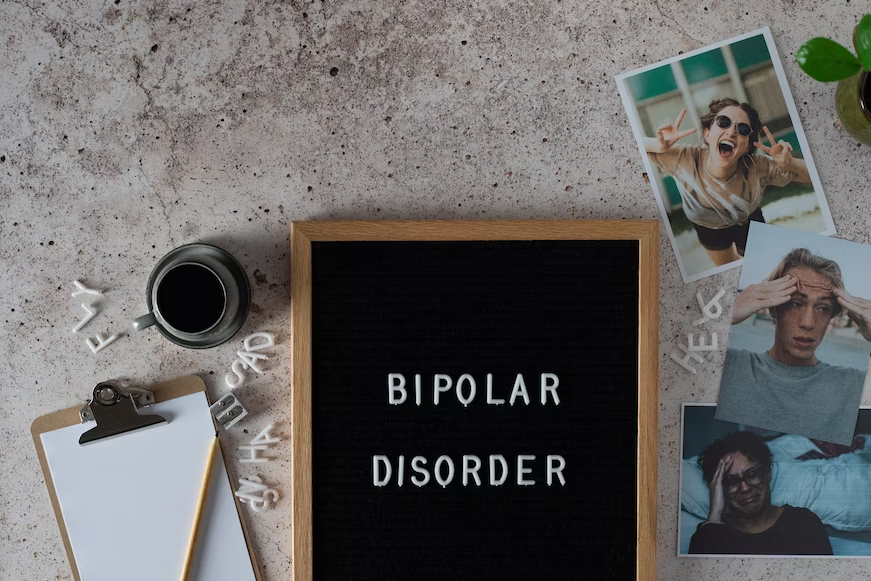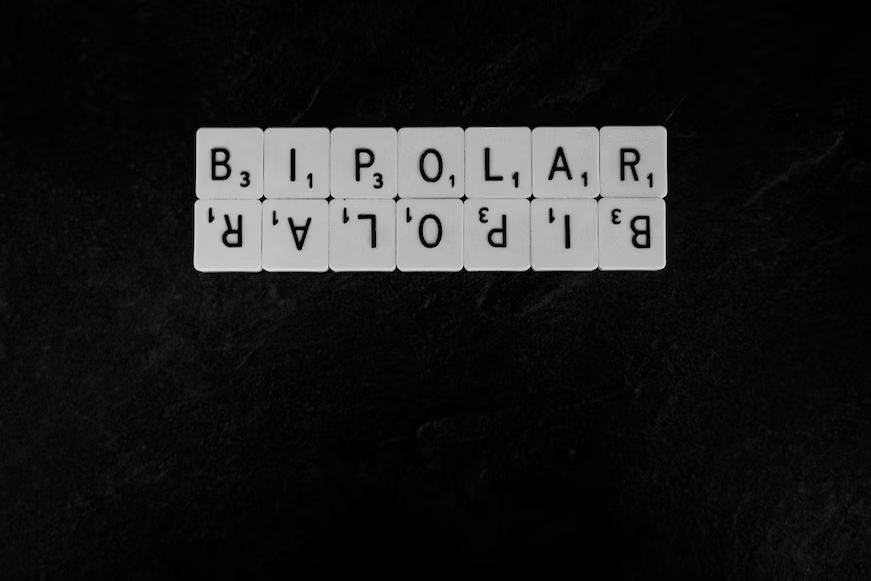According to research by the World Health Organization, around 40 million people experienced bipolar disorder in 2019. It has also affected around 2.8% of the US population. Since there are a lot of misconceptions about bipolar disorder, people who deal with this disorder find it challenging to get diagnosed, receive treatment, form healthy relationships, and ask for support from their loved ones. Even though bipolar disorder might be complicated, it’s treatable.
However, you must understand the disorder in detail to get timely and effective treatment for yourself or a loved one. This blog discusses bipolar disorders and their complexities.
Why is Bipolar Disorder Challenging to Diagnose?
Even though several people are affected by bipolar disorder, it’s still a challenging health problem to diagnose and navigate. Several people have admitted that their bipolar disorder was misdiagnosed for a long time, which hindered their treatment process. Here are some reasons why bipolar disorder is so challenging to diagnose.
- The symptoms of bipolar disorder are the same as various other mental health issues like ADHD. People with bipolar disorder deal with mood swings which can look like the hyperactivity symptom of ADHD. In the same way, people with ADHD deal with a lack of motivation, which can look like the inattention symptom of bipolar disorder.
- Due to the taboo around bipolar disorders, several people confuse the symptoms with depression, anxiety, or other mental health problems and self-treat them. Even if they visit a clinical psychologist, they often don’t describe the symptoms clearly, leaving their bipolar disorder undiagnosed.
How Can You Diagnose and Manage Symptoms of Bipolar Disorder?
Since the symptoms of bipolar disorder are hard to diagnose, it’s important to pay extra attention if you or any loved one is dealing with the following symptoms.
- Poor decision-making triggered by any situation
- Agitation or increased activity
- Less need for sleep
- Being distracted by everything
- Being unusually talkative
- Depressed mood
- Major weight loss
- Loss of energy
- Sudden feelings of worthlessness or low self-esteem
- Thinking about self-harming or suicide

Bipolar Disorders — When and How to Get Help?
If you or a loved one has been experiencing symptoms of bipolar disorder, it’s essential to opt for a psychiatric evaluation immediately. At Ziks Health Services, we provide comprehensive mental health services in Dallas. Our professionals can diagnose your bipolar disorder online and help you manage symptoms with the help of psychiatric services.
Get in touch with us and manage your bipolar disorder effectively.

